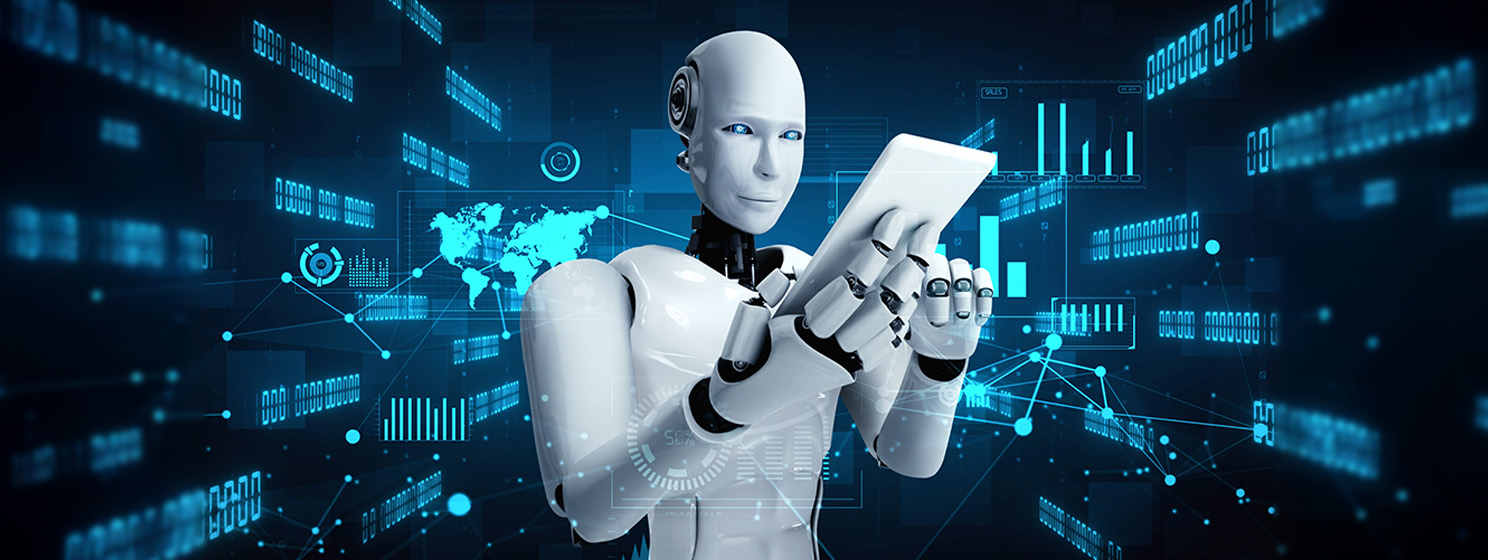|
Getting your Trinity Audio player ready...
|
This post is a guest contribution by George Siosi Samuels, managing director at Faiā. See how Faiā is committed to staying at the forefront of technological advancements here.
TL;DR: As artificial intelligence (AI) commodifies intelligence, the next enterprise advantage will be taste—discernment, values-alignment, and cultural fluency. Windsurf’s recent acquisition signals this shift.
What happened with Windsurf—and why it matters
Recently, Windsurf—a lesser-known but highly respected AI team—was acquired by the makers of Devin, the first AI software engineer. Originally courted by OpenAI, then almost acquired by Google (NASDAQ: GOOGL), Windsurf ultimately joined forces with Cognition (the team behind Devin).
But here’s the thing: Google poached Windsurf’s leadership team, while Cognition acquired the rest.
This wasn’t just a bidding war. It was a clash of philosophies.
In an era where big tech is pouring billions into compute and model training, these decisions signal a deeper layer of strategy: values alignment is starting to matter.
Intelligence is being flattened. What comes next?
Let’s zoom out.
- During the Industrial Revolution, machines made muscle obsolete.
- During the Information Age, computers elevated knowledge workers to dominance.
- Now, with AI, even cognitive labor—coding, analysis, research—is being absorbed by automation.
The consequence? Intelligence, as we’ve traditionally defined it, is being commodified.
Where knowledge once conferred leverage, that leverage is dissolving. GPTs can summarize a white paper, translate code, or write a corporate memo in seconds. So, where do humans go from here?
Toward taste.
Taste: The next form of intelligence
“Taste” is getting a makeover in the AI era. Just check out this piece from Stepfanie Tyler.
- It’s knowing which signals matter in a noisy world.
- It’s sensing when tech is overshooting culture.
- It’s choosing long-term resonance over short-term optimization.
In the AI era, “having good taste” means knowing:
- Which tools to adopt—and when
- Which partners to trust
- Which patterns are emerging beneath the hype
In other words: wisdom over raw intellect.
Wisdom as enterprise strategy
Historically, wisdom wasn’t scalable. It was slow. Hard to quantify. Too human.
But in a world where machines execute, human taste becomes the differentiator:- Artists with taste guide curation.
- Founders with taste shape brand DNA.
- Leaders with taste navigate existential choices—where GPTs fail.
This isn’t just a philosophical shift. It’s an economic one.
Enterprise leaders are realizing: it’s not enough to have the best engineers. You need principled engineers. You need product minds who understand cultural nuance. You need operators who can integrate AI without dehumanizing systems.
Taste becomes the invisible edge.
The subtle signal behind the Windsurf acquisition
Devin’s acquisition of Windsurf was a values move.
While Google swept up the leadership, Cognition absorbed the culture. That matters.
Because in an AI-rich world, culture becomes architecture.
- Taste shapes the tools you build.
- Values shape how you scale.
- Community shapes whether you’re trusted.
Enterprises that ignore this—who think AI is just about faster code or deeper models—will miss the deeper game. The next competitive advantage won’t just be speed. It’ll be signal.
What this means for enterprises today
Most companies still overvalue technical execution and undervalue strategic discernment. But the tides are shifting.
Here’s what to watch:
- Cultural alignment will drive M&A. Acquisitions will increasingly hinge on values compatibility, not just IP or headcount.
- Tasteful product design will outperform. As AI levels the playing field, taste will separate the forgettable from the iconic.
- Wisdom will be institutionalized. Firms will codify not just “what we do” but “how we decide.” Expect playbooks for discernment.
- New hiring metrics will emerge. Beyond resumes and portfolios, enterprises will vet for resonance, long-view thinking, and ethical alignment.
- AI will force the question: Why are we building this? With execution automated, the ‘why’ behind products will surface. Companies will need a soul, not just a stack.
A closing note to enterprise leaders
The future of tech (for humans) will coalesce more around the cultural aspects than purely the technical.
As AI expands capacity, human discernment becomes rarer—and more valuable. This means your edge won’t come from more computing, but from clearer conviction. It means asking harder questions:
- Are we building what matters?
- Are our teams aligned not just in skill but in values?
- Are we prepared for a world where wisdom is the last human moat?
Taste isn’t soft. It’s strategic.
And in this new age of artificial abundance, it might just become the highest form of (human) intelligence.
In order for artificial intelligence (AI) to work right within the law and thrive in the face of growing challenges, it needs to integrate an enterprise blockchain system that ensures data input quality and ownership—allowing it to keep data safe while also guaranteeing the immutability of data. Check out CoinGeek’s coverage on this emerging tech to learn more why Enterprise blockchain will be the backbone of AI.
Watch: AI is for ‘augmenting’ not replacing the workforce

 02-21-2026
02-21-2026 




